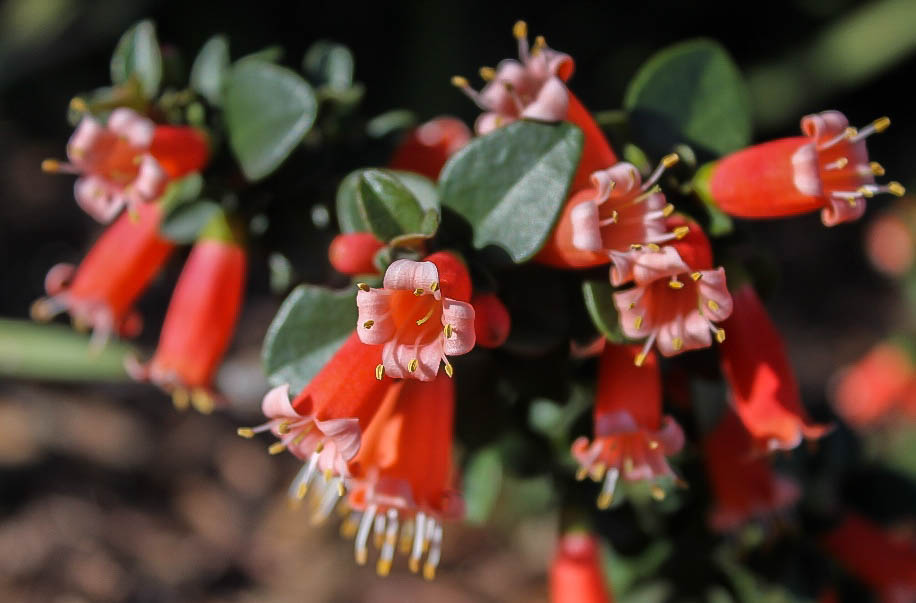
Name: Joanna
Age at interview: 41
Diagnosis: Medically-induced premature menopause (following treatment for Hodgkin’s Lymphoma)
Age at diagnosis: 37
Background: Joanna works full-time as a charity manager, and lives in a metropolitan city with her partner and child. She is from an Australian background.
About Joanna: At age 36, Joanna was diagnosed with Hodgkin’s Lymphoma. She underwent chemotherapy, and later experienced premature menopause. Joanna’s symptoms of premature menopause included night sweats, low libido, and ‘forgetfulness.’ She was prescribed Hormone Replacement Therapy (HRT), and also received acupuncture treatment and psychological support. Joanna feels lucky that she was able to become a parent as a result of her partner having a baby.
More about Joanna: At age 36, Joanna was diagnosed with Stage 4 Hodgkin’s Lymphoma and underwent six months of chemotherapy. Before starting treatment, she was referred to a fertility specialist and underwent ovarian tissue harvest, as the advanced stage of her cancer meant there was not enough time for egg harvesting. She also took goserelin to ‘protect’ her ovaries during chemotherapy, despite the high cost of the medication and the lack of evidence of its effectiveness for lymphoma.
Joanna was aware that there were ‘no guarantees’ that these measures to preserve her fertility would ‘work.’ However, having children had been ‘quite prominent’ in her mind before her cancer diagnosis, and as Joanna explained, ‘in that situation, you’ll try anything.’
Following cancer treatment, when Joanna’s periods did not return, and she started to get ‘really bad’ night sweats, she was prescribed Hormone Replacement Therapy (HRT), which she found helpful. When she experienced more hot flushes a year later, her doctor increased the strength of her HRT dose. Joanna also had acupuncture and took herbal supplements which had a ‘calming effect’ and attended a program at a local gym to gradually improve her fitness.
Joanna relied on her haematologist for medical information about premature menopause, and thinks that she was presented with enough information, especially in relation to possibilities for having children. She stressed the importance of ‘having the right information’ at the right time, instead of ‘reams of information’ at once.
Joanna struggled with accepting premature menopause, and remembered thinking this ‘shouldn’t be happening to me at this age.’ Premature menopause had a ‘big impact’ on Joanna’s libido, which she found ‘really difficult to talk about.’ Together with cancer, it also affected her sense of self, and her relationship with her partner. She also found it made her more forgetful, which has impacted her confidence and her work. Her GP referred her to a counsellor, who helped with ‘coming to terms’ with premature menopause and other personal issues.
Joanna explained that she is grateful for the support she had from family members, in particular her two aunts. She emphasised the importance of holistic care that integrated psychological, diet and exercise support with medical care. Joanna also encouraged other women to ‘access support’ because it is a ‘lot easier to deal with premature menopause if you feel like you’re not the only person going through it.’ She feels ‘lucky’ that her partner was able to conceive through a sperm donor, enabling Joanna ‘to become a mum through other means.’
